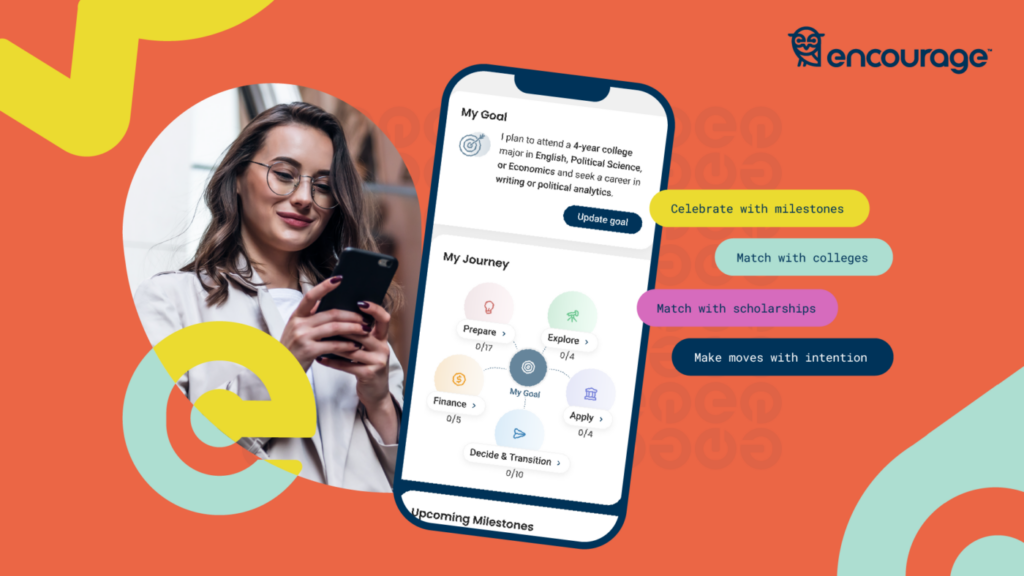5 Questions to Ask Your High School Counselor
Your high school counselor is one of the most valuable resources at your school. They can help you choose classes, find school activities, prepare for college and a career, and even support your mental health. It’s easy to get so involved with your friends and schoolwork that you forget your counselor is available to help. ... 5 Questions to Ask Your High School Counselor








